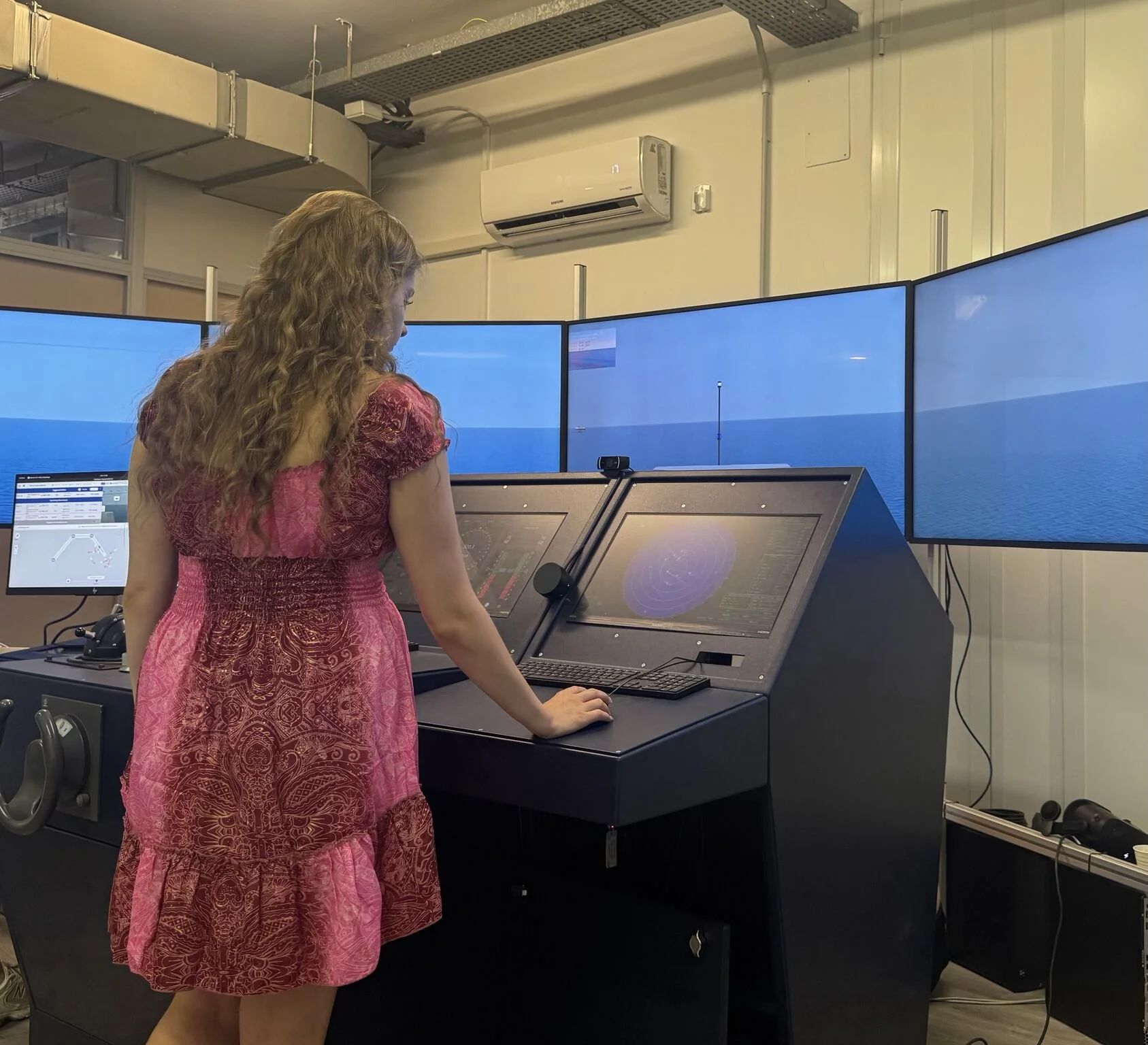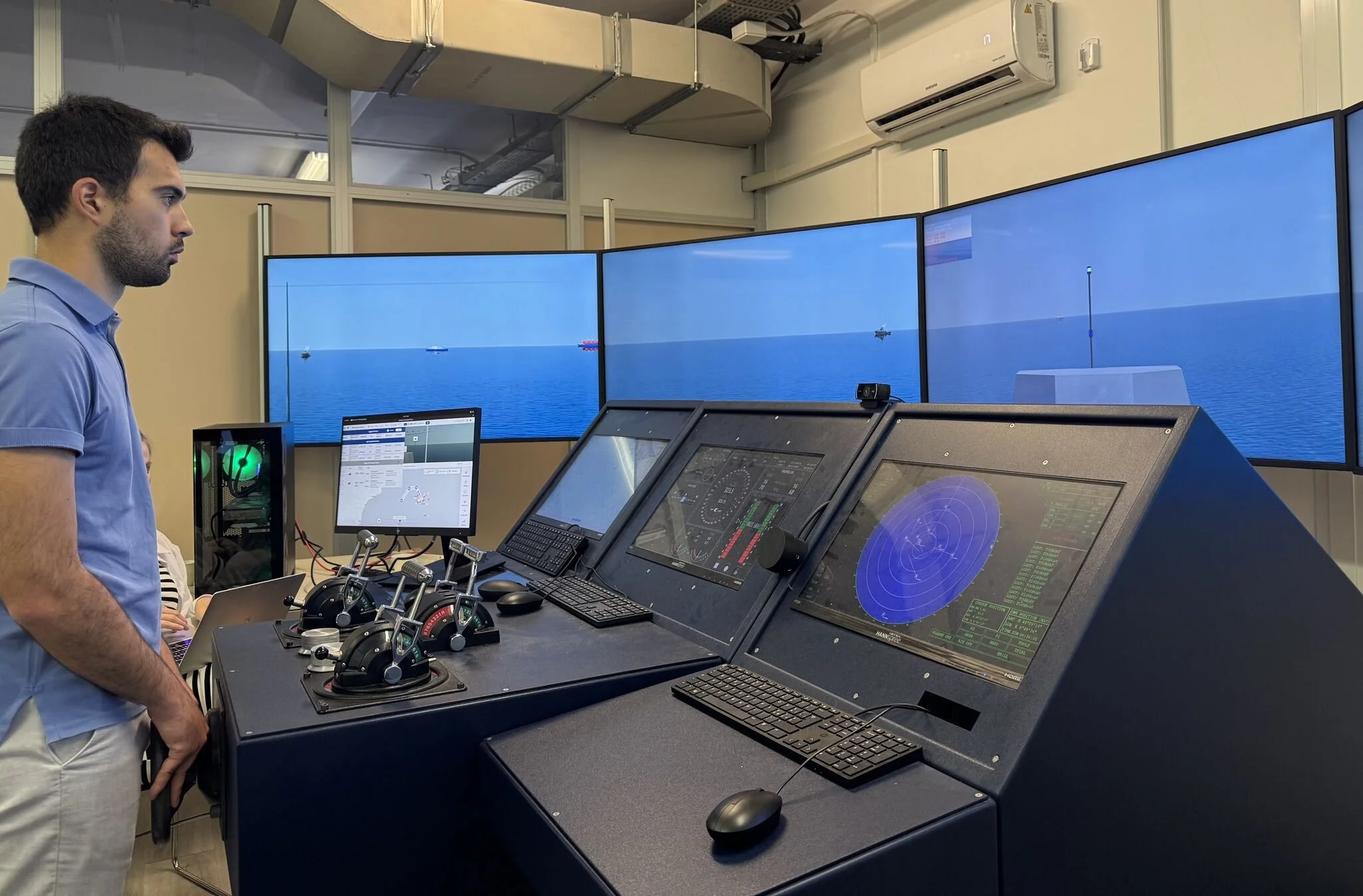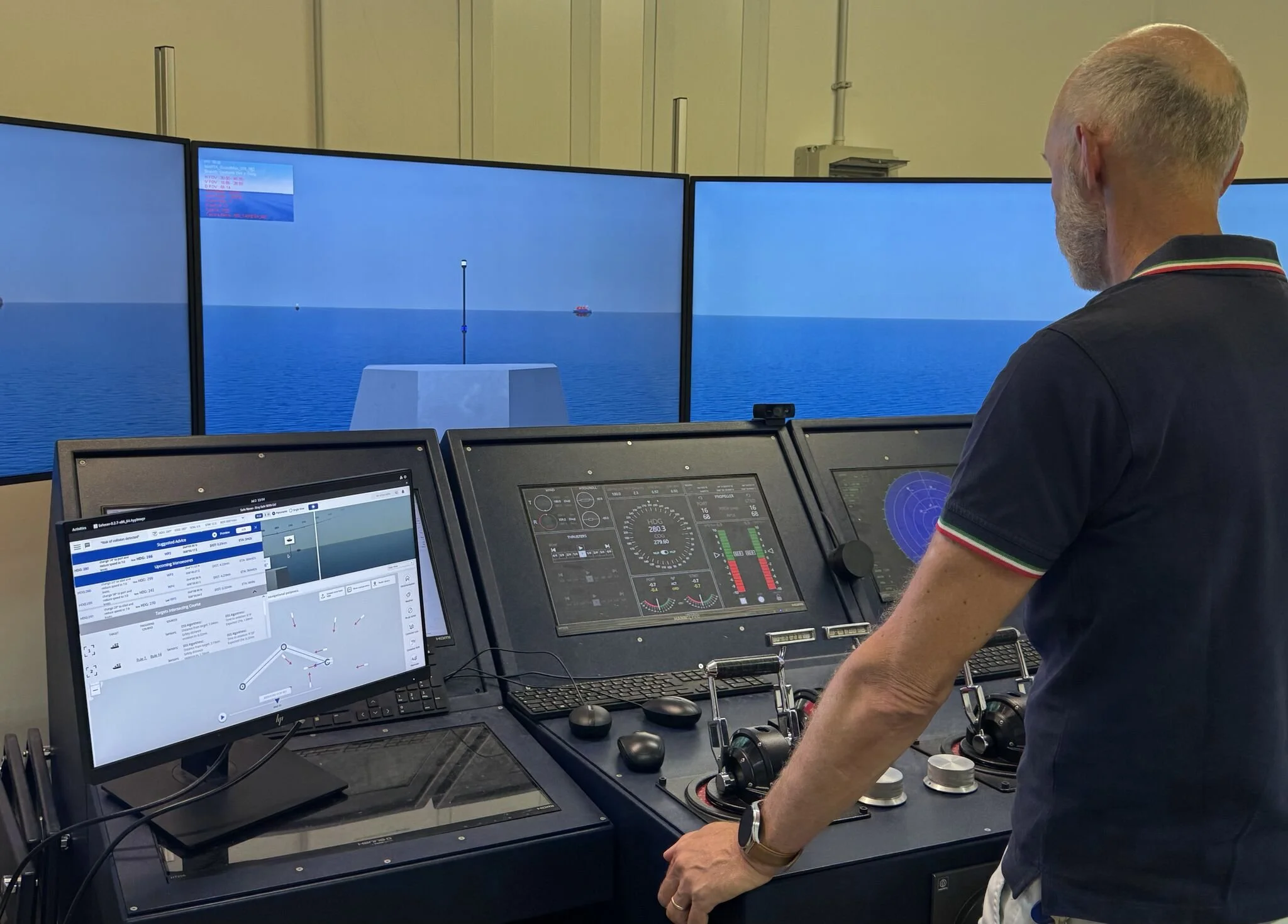In Genoa, SafeNav Trials Reveal How Stress, Fatigue, and Human Factors Impact Safer Navigation
🚢 These past months with SafeNav testing have been intense. In addition to regular full scsle simulator testing with a Navy ship, we have been pushing boundaries with SAYFR part of Gard AS) 🇳🇴 and the University of Genoa 🇮🇹 to understand how stress, fatigue, and human factors affect decision-making on the bridge with and without using SafeNav 🧠⚓️
We have tested with highly experienced Captains and Navigators 👨✈️👩✈️ , and also introduced SafeNav to less experienced operators to map out the actual impact of our product in different user profiles.
📊 Using wearable devices for pulse, heart rate, and facial expression tracking, we have monitored stress and cognitive load in real time, and the results are getting very interesting. (🔍 Stay tuned!)
Why all this?
Because navigation is not just about tech, it is about the people operating it. 👩✈️👨✈️🫱⛴️
Big thanks to our fantastic partners and Human Safety Experts at SAYFR and the University of Genoa for joining us on this journey.




